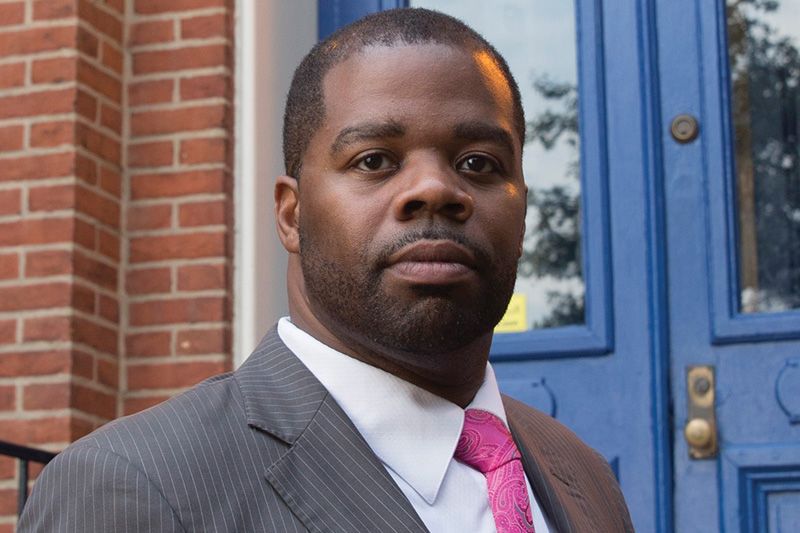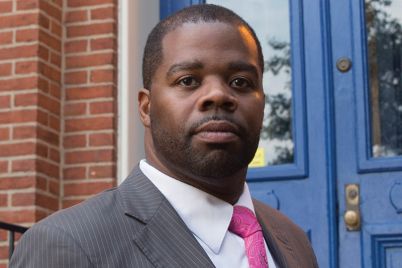BY REV. DORAL PULLEY, Today’s Church Tampa Bay
“This kind only comes out by fasting and prayer (Matthew 17:21).”
Jesus fasted and taught his disciples to fast as a life practice. Paul, an apostle of Jesus Christ, reinforced the prayer tool of fasting in his epistles to the churches telling them to be “in fastings often (II Corinthians 11:27).” There are several different types of fasts referenced in the Bible. Some fasts are absolute where people such as Moses, Elijah, and Jesus were set apart for 40 days without food or water (Exodus 34:28-29, Deuteronomy 10:10, I Kings 19:8, Matthew 4:1- 13). Some fasts were for shorter periods, such as three days and three nights, as Esther did with her maids (Esther 4:13- 16). Other fasts called for people like Daniel and the three Hebrew boys to abstain from particular foods, drinks, or activities for an extended period (Daniel 1:8-13, 10:3).
Regardless of the length or type of fast in the Bible, it was always coupled with prayer because it is a form of prayer. Fast without prayer is a physical fast that can help strip away toxins and re-wire cells of your physical body. Fast with prayer is a Spiritual fast and helps re-wire the four aspects of the soul (thoughts, feelings, intellect, and will) as well as your physical body. During seasons of fasting and praying, we not only limit or eliminate our food intake, but we also limit or eliminate activities that do not feed our soul. Examples of spiritual fasting include limiting our time for radio, television, social media, and other forms of entertainment so that we can focus our energy on spiritual things.
Jesus taught his disciples to “anoint your head and to wash your face.” He balanced the spiritual aspect of fasting (anointing the head for supernatural strength) with the natural part of fasting (washing your face). Ask the Holy Spirit to lead you and guide you in what you are to fast from for the next 40 days. It can be a specific food like meats and sweets or a beverage like soda or coffee. It may also be not eating for a defined period (8-16 hours a day).
In Matthew 17:14-21, Jesus, our example of what it means to be fully human and fully Divine, encountered a young man who appeared to be a lunatic. The young man often cut himself and had fits of rage. He was suicidal and made several attempts to drown and burn himself to death.
While his friends and family loved him, they did not have the consciousness to help him; therefore, he lived in the tombs by himself. One of the family members decided to bring the young man to the disciples for healing. They, too, were unsuccessful in healing the young man.
Finally, they brought the young man to Jesus, who restored the young man to sanity. Privately, the disciples asked Jesus the reason why he was able to help the young man when they were not. Jesus credited his ability to cast out negativity to fasting and prayer and encouraged his disciples to do the same. In the Sermon on the Mount, Jesus taught his disciples about fasting and its rewards (Matthew 6:16-18).
Sometimes you may think that a spiritual practice is not for you or is unnecessary or no longer relevant. The disciples probably thought the same thing until they had this experience with the young man. All the spiritual practices are relevant. They are for the development of your soul to equip you to handle whatever experience comes your way.
Rev. Doral Pulley is the senior pastor of Today’s Church Tampa Bay, 940 5th Ave. S, St. Petersburg (Staybridge Suites) and 5107 North Central Ave., Tampa.








